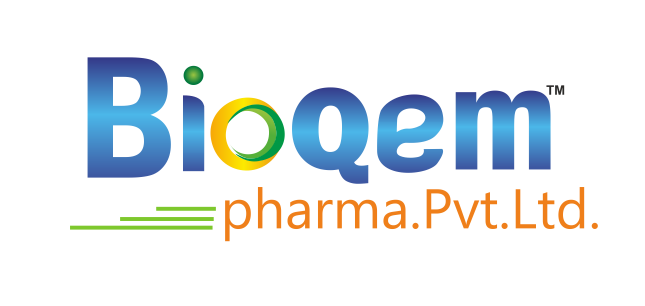Effective Pharma Marketing Strategies
Pharmaceutical marketing is distinct in its need to balance educational objectives with regulatory compliance. One effective approach is leveraging digital marketing techniques. Social media campaigns, for instance, provide a platform to disseminate information about new drugs and treatments to both healthcare professionals and consumers. By creating engaging content and utilizing analytics to track engagement, companies can refine their messaging to better reach their target audiences. Email marketing offers another channel for distributing detailed information, research findings, and updates directly to interested parties, enhancing the direct communication between pharmaceutical companies and healthcare providers.
Content marketing is essential in building authority and trust. By producing high-quality articles, white papers, and blog posts that delve into the science and clinical aspects of new treatments, pharmaceutical companies can position themselves as thought leaders. This strategy not only educates the audience but also encourages more informed discussions between healthcare professionals and patients. Webinars and online seminars also serve as valuable tools for interactive education, providing in-depth insights into therapeutic areas and emerging medical research.
Despite the digital shift, traditional marketing methods remain relevant. Sales representatives play a critical role by providing personalized interactions and fostering relationships with healthcare professionals. Attending and presenting at conferences and medical meetings enable pharmaceutical companies to showcase their latest advancements and engage directly with the medical community. Direct mail campaigns, when thoughtfully executed, continue to be an effective medium for reaching healthcare professionals with detailed product information and promotional material.
Pharma marketing operates within a stringent regulatory framework, necessitating meticulous planning and execution to ensure compliance. This involves adhering to guidelines provided by regulatory bodies such as the FDA and EMA, which govern promotional activities. To overcome these challenges, companies can adopt a collaborative approach, involving legal and regulatory experts in the campaign development process. By ensuring that promotional content is both accurate and compliant, pharmaceutical companies can mitigate risks and maintain credibility within the industry.
Navigating Compliance in Pharma Marketing
Pharmaceutical marketing is rigorously governed by stringent regulations designed to protect public health and ensure ethical promotion. Compliance is paramount, as failure to adhere can result in significant legal ramifications, financial penalties, and reputational damage. Leading regulatory bodies, such as the Food and Drug Administration (FDA) in the United States and the European Medicines Agency (EMA) in Europe, play pivotal roles in overseeing pharma marketing practices.
The FDA and EMA enforce comprehensive promotional standards that companies must follow. Key regulations include requirements for accurate and balanced information about drug efficacy and side effects, as stipulated under the FDA’s guidance on advertising prescription drugs. In Europe, the EMA’s emphasis is on transparency and the prohibition of misleading advertising under Directive 2001/83/EC. These regulations mandate that all marketing materials, from digital advertisements to print brochures, ensure truthful representation of pharmaceutical products.
To maintain compliance, pharmaceutical companies should implement best practices tailored to meet these regulatory requirements. Labeling must be clear and comprehensible, reflecting all necessary information regarding usage, contraindications, and potential risks. Advertising should be evidence-based, ensuring claims about drug benefits are supported by robust clinical data. Transparent communication is essential, particularly concerning efficacy and adverse effects, fostering trust between the pharmaceutical industry, healthcare professionals, and the public.
Staying abreast of evolving regulations is crucial. Regulatory landscapes are dynamic, with frequent updates and new guidelines being issued by the FDA and EMA. Pharmaceutical companies should invest in continuous monitoring of regulatory changes and participate in industry forums and training programs. Developing a comprehensive compliance strategy that includes regular training sessions for marketing teams can significantly mitigate risks. These trainings should focus on the ethical and legal nuances of pharmaceutical marketing, enabling teams to navigate and apply complex regulations effectively.
In conclusion, navigating compliance in pharma marketing demands a proactive approach that integrates regulatory knowledge into every aspect of promotional activities. By adhering to established guidelines and committing to ongoing education, pharmaceutical companies can achieve both regulatory compliance and successful market engagement.
